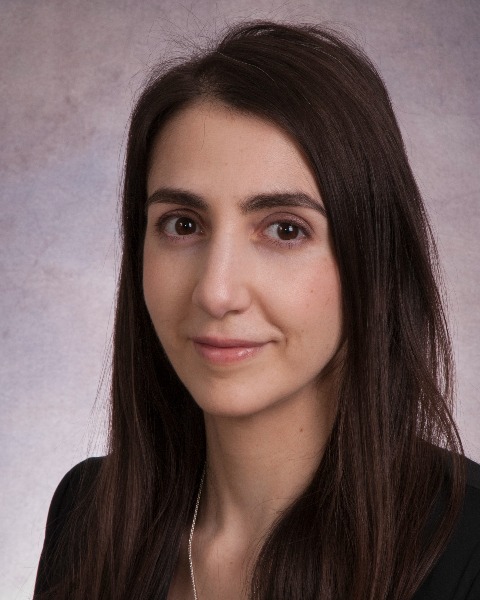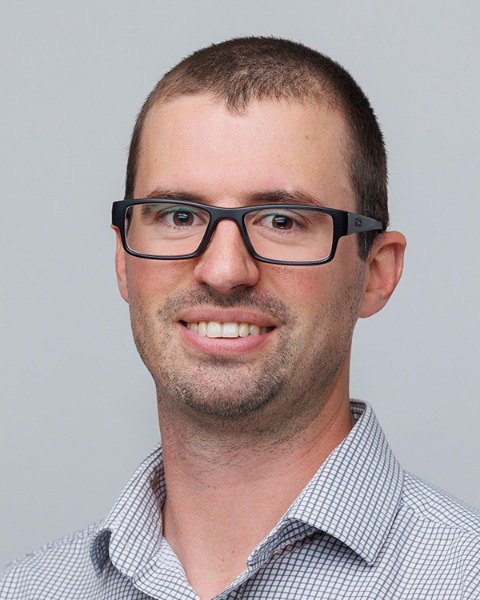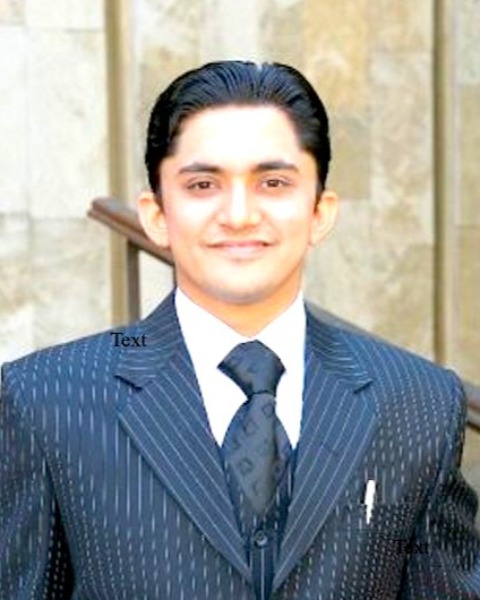Imaging
Cardiology
Interventional Cardiology
Advocacy
Canadian Society of Echocardiography (CSE)
215 - STABILIZATION, SURGERY, AND SUCTION DEVICES IN DRUG-USE ASSOCIATED ENDOCARDITIS: AN ENDOCARDITIS TEAM APPROACH TO CHALLENGING CASES
-

Robin Ducas, MD, FRCPC, DRCPSC
Dr.
University of Manitoba
University of Manitoba -
LL
Lawrence Lau, MD
Cardiologist
University of Ottawa Heart Institute
University of Ottawa Heart Institute -

Taliesin Cahill, BA MSN RN (she/her/hers)
Advanced Practice Nurse
The Ottawa Hospital -

Sami El-Dalati, MD (he/him/his)
Associate Professor
University of Kentucky
University of Kentucky -

Benjamin Leis, MD, MSc, FRCPC (he/him/his)
General Cardiology
Division of Cardiology, Department of Medicine, University of Saskatchewan -
VW
-

Bobby Yanagawa, MD, PhD
Cardiac Surgeon
St. Michael's Hospital
Program Director and Associate Professor, University of Toronto -

Taliesin Cahill, BA MSN RN (she/her/hers)
Advanced Practice Nurse
The Ottawa Hospital -

Sami El-Dalati, MD (he/him/his)
Associate Professor
University of Kentucky
University of Kentucky -

Benjamin Leis, MD, MSc, FRCPC (he/him/his)
General Cardiology
Division of Cardiology, Department of Medicine, University of Saskatchewan -

Rohan Sanjanwala, MD (he/him/his)
Resident
University of Manitoba -
SS
Serah Seo, BA (she/her/hers)
Medical student
University of Ottawa Heart Institute -

Sami El-Dalati, MD (he/him/his)
Associate Professor
University of Kentucky
University of Kentucky -
LL
Lawrence Lau, MD
Cardiologist
University of Ottawa Heart Institute
University of Ottawa Heart Institute -

Rohan Sanjanwala, MD (he/him/his)
Resident
University of Manitoba -
SS
Serah Seo, BA (she/her/hers)
Medical student
University of Ottawa Heart Institute -
LL
Lawrence Lau, MD
Cardiologist
University of Ottawa Heart Institute
University of Ottawa Heart Institute -
VC
Vincent Chan, MD MPH (he/him/his)
Cardiac Surgeon
University of Ottawa Heart Institute - Ottawa, ON -

Sami El-Dalati, MD (he/him/his)
Associate Professor
University of Kentucky
University of Kentucky -
LL
Lawrence Lau, MD
Cardiologist
University of Ottawa Heart Institute
University of Ottawa Heart Institute -

Benjamin Leis, MD, MSc, FRCPC (he/him/his)
General Cardiology
Division of Cardiology, Department of Medicine, University of Saskatchewan -

Rohan Sanjanwala, MD (he/him/his)
Resident
University of Manitoba -
LS
Co-Chair(s)
Panelist(s)
Presenter(s)
Early Career(s)
Trainee(s)
Moderator(s)
Planning Committee Member(s)
Workshop Description: Drug-use associated infective endocarditis (DUA-IE) poses a unique challenge to cardiovascular specialists. While DUA-IE is associated with lower mortality than non-DUA-IE, several other factors complicate its management. Inadequate treatment of drug addiction, complicated psychosocial needs with insufficient support, and the pervasive negative stigma in the healthcare system contribute to higher rates of disease relapse and poor long-term outcomes. Furthermore, patients with DUA-IE often have complex healthcare needs that require multidisciplinary team collaboration. For example, when a patient with DUA-IE is admitted to a cardiovascular service, their heart failure is expertly managed by cardiovascular specialists. However, addressing the underlying substance use disorder and infection requires close collaboration with our colleagues in infectious diseases and addiction medicine. As cardiovascular specialists, we depend on their expertise to provide comprehensive care. Similarly, deciding to provide surgery in these cases poses additional challenges. While right-sided endocarditis is often better tolerated than left-sided infections, the risk of reinfection with a prosthetic valve due to ongoing drug use is a significant concern. These risks and therapeutic challenges require careful consideration and a multidisciplinary approach to ensure the best possible outcomes for these patients.
This workshop provides attendees with a unique opportunity to see how an Infective Endocarditis Team works in real-time. Through multiple complex case discussions, participants will experience the collaborative decision-making process, observing how cardiovascular specialists, infectious disease experts, addiction medicine specialists, and surgeons collaborate to develop a comprehensive treatment plan. In addition, a special emphasis will be placed on the critical question that interventional cardiologists and surgeons often face: when and in whom to use vacuum-assisted vegetation debulking, versus other options like conservative therapy or surgical debridement.
Panelists, who bring practical experience in leading Endocarditis Teams and treating DUA-IE, will share integrated strategies for managing complications, selecting appropriate antibiotic and addiction treatments, and developing treatment pathways that enhance access to surgery and social support for these high-risk patients.
Through this immersive experience, attendees will gain a deeper understanding of the collaborative, multidisciplinary approach required to manage DUA-IE effectively and improve patient outcomes.
Learning Objectives:
- implement evidence-based strategies for the management of DUA-IE, including optimal antibiotic selection and how to safely initiate and titrate opioid agonist therapy;
- refine the use of treatment strategies (surgery, vacuum-assisted debulking, and/or conservative therapy) based on clinical, microbiologic, and echocardiographic features; and
- design institutional care pathways that address both medical and psychosocial care for patients with DUA-IE, incorporating approaches from existing models in North America.
